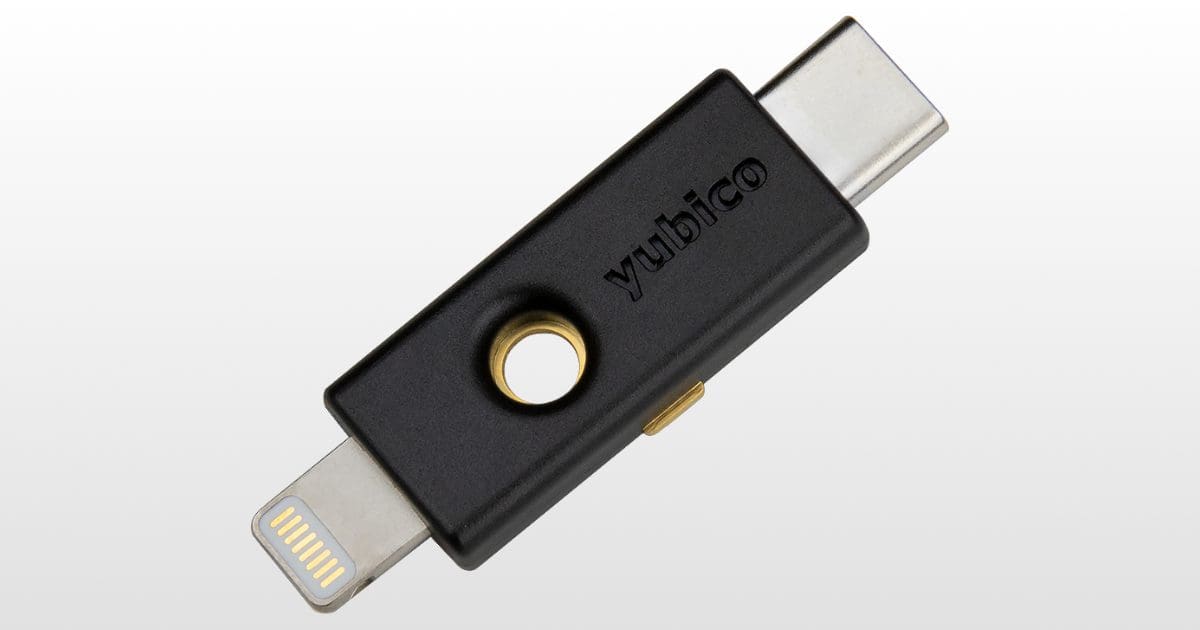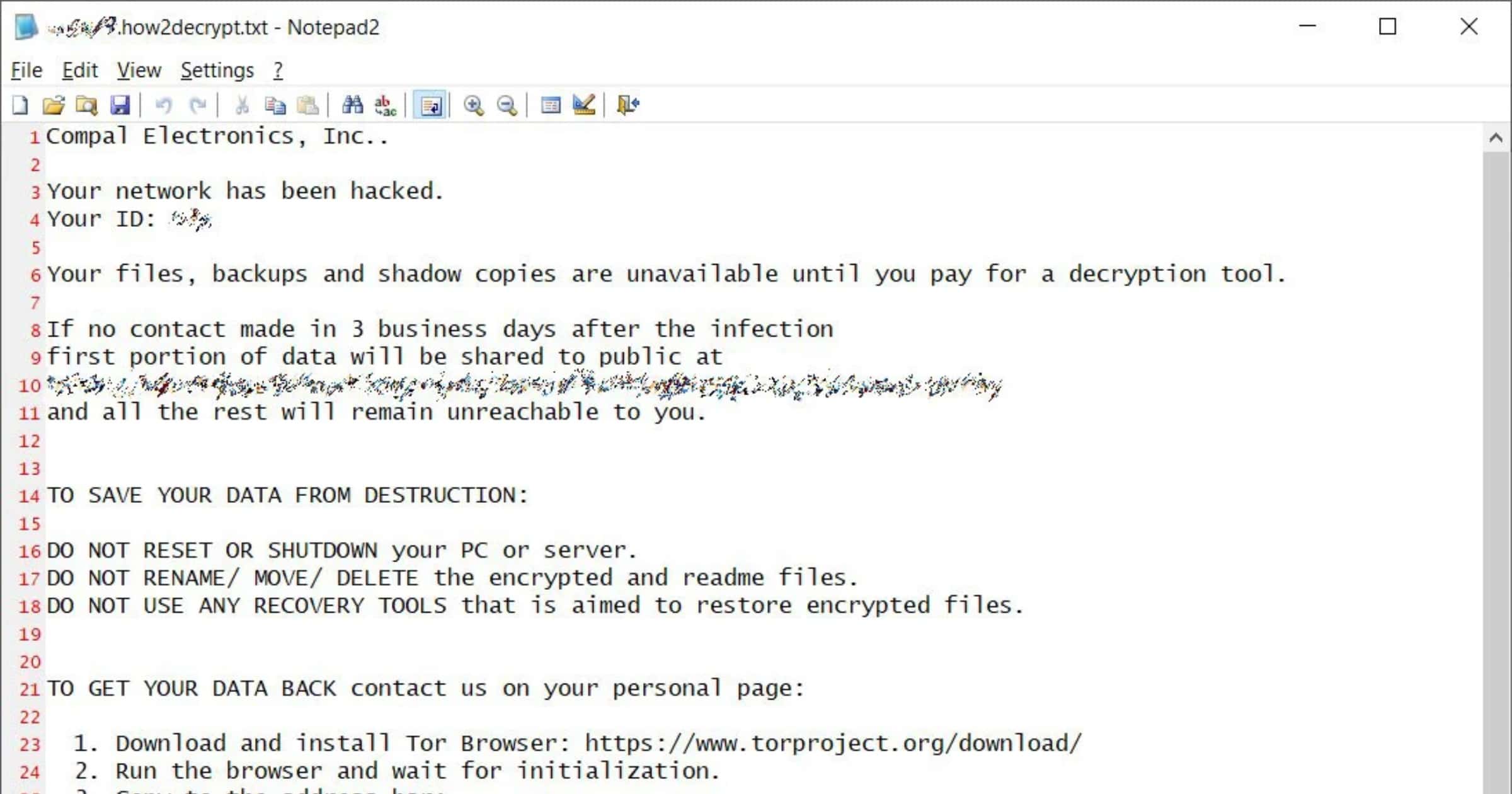Spotify has reset an unknown number of user passwords after a bug in its system exposed private data to business partners.
In a data breach notification filed with the California attorney general’s office, the music streaming giant said the data exposed “may have included email address, your preferred display name, password, gender, and date of birth only to certain business partners of Spotify.” The company did not name the business partners, but added that Spotify “did not make this information publicly accessible.”
Fortunately, those like me who created a Spotify account using Sign In with Apple shouldn’t have too much information leaked.






















